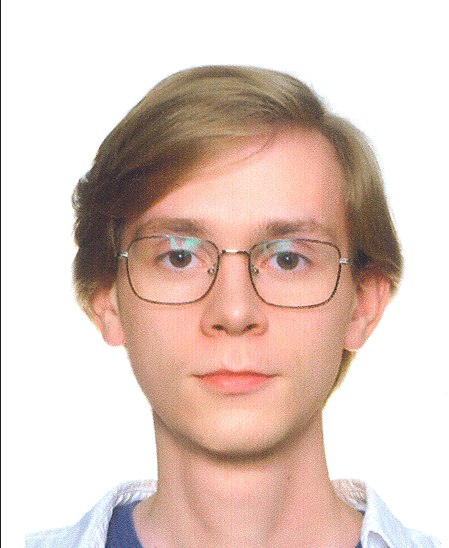The article analyzes a frequently used indicator of individual religiosity – the scale of importance of religion in life. Two hypotheses are proposed about threats to its validity (ability to measure religiosity). The first threat is that the answers to this scale have different meanings for people, as they represent not the qualities of the individual but a situational image of a religious person. The second threat lies in the potential sensitivity of the question. To test the hypotheses, the databases of the World Values Survey and “Religion and State” (Bar-Ilan University) were used. First hypothesis was confirmed based on questions about importance of religion and religious identity in four Spanish-speaking Catholic societies: Spain, Mexico, Colombia, and the Philippines. Self-assessment of the importance of religion in life among those who consider themselves religious people differs radically. In other words, the meaning of the responses depends on the social situation, and not just on individual religiosity. The second hypothesis was confirmed by correlation analysis of relationships between the responses to the scale and national policies. Official support for religion, the compulsory nature of religious education, and similar indicators of state regulation are positively correlated only with the proportions of “very important” answers as being the safest and most socially acceptable, but are negatively correlated with all other responses (including “rather important”). Therefore, both hypotheses suggest that threats to the validity of the “importance of religion in life” scale is not valid and needs to be applied with caution and methodologically refined.
Key words: religiosity, religiosity measures, unidimensional scales, validity, importance of religion in life, religious identity, sensitivity
DOI: 10.22250/20728662-2025-1-108-114
About the authors
 |
Nikolay S. Babich – Сandidate of sociological sciences, Senior research fellow, Institute of Sociology of the Federal Center of Theoretical and Applied Sociology of RAS; 5 bldg. 24/35, Krzhizhanovskogo str., Moscow, 117218, Russia; This email address is being protected from spambots. You need JavaScript enabled to view it. |
 |
Lev E. Murzikov – Student, Peoples' Friendship University of Russia; 6 Miklukho-Maklaya str., Moscow, 117198, Russia; This email address is being protected from spambots. You need JavaScript enabled to view it. |






